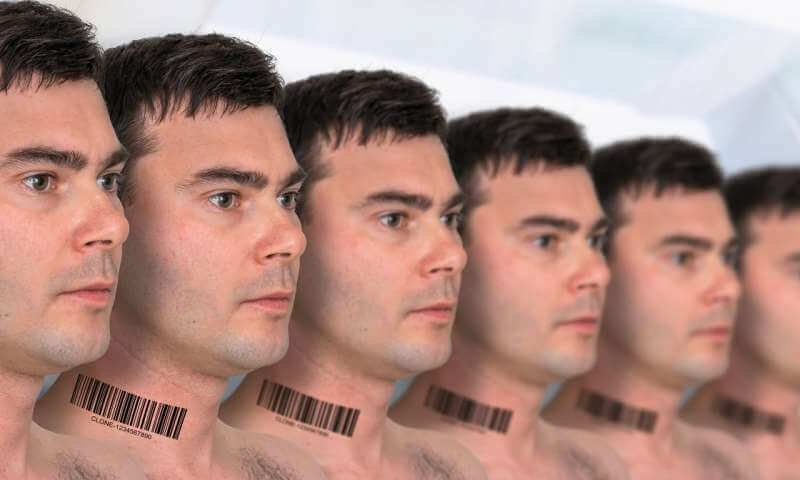Prominent scientists involved in cloning say they’ve never had any intention of replicating a person — and are as wary of the idea as everyone else. Their research serves other purposes, they say. For decades, investigations into cloning have been divided into two areas: reproductive cloning, mainly to improve livestock breeding; and therapeutic cloning aimed at growing cells, not whole humans, that could be used to treat diseases.
…
So, what stops researchers from cloning humans? Mainly common sense. “No one’s really suggested any good reason for doing it,” says Robin Lovell-Badge, a developmental biologist and stem cell scientist at the Francis Crick Institute in London. There’s a much easier way to re-create yourself that doesn’t involve ethical issues: have a baby. If you’re hoping to replicate a beloved dead child or spouse, or even a long-gone pet, cloning won’t do the trick. “It just would. Not. Work,” Lovell-Badge says emphatically. “In fact, it would be counterproductive because you would end up with an individual who is clearly not the same person, and it would be more traumatic for everyone involved.”
Read full, original post: Cloning’s Long Legacy — And Why It’ll Never Be Used on Humans































